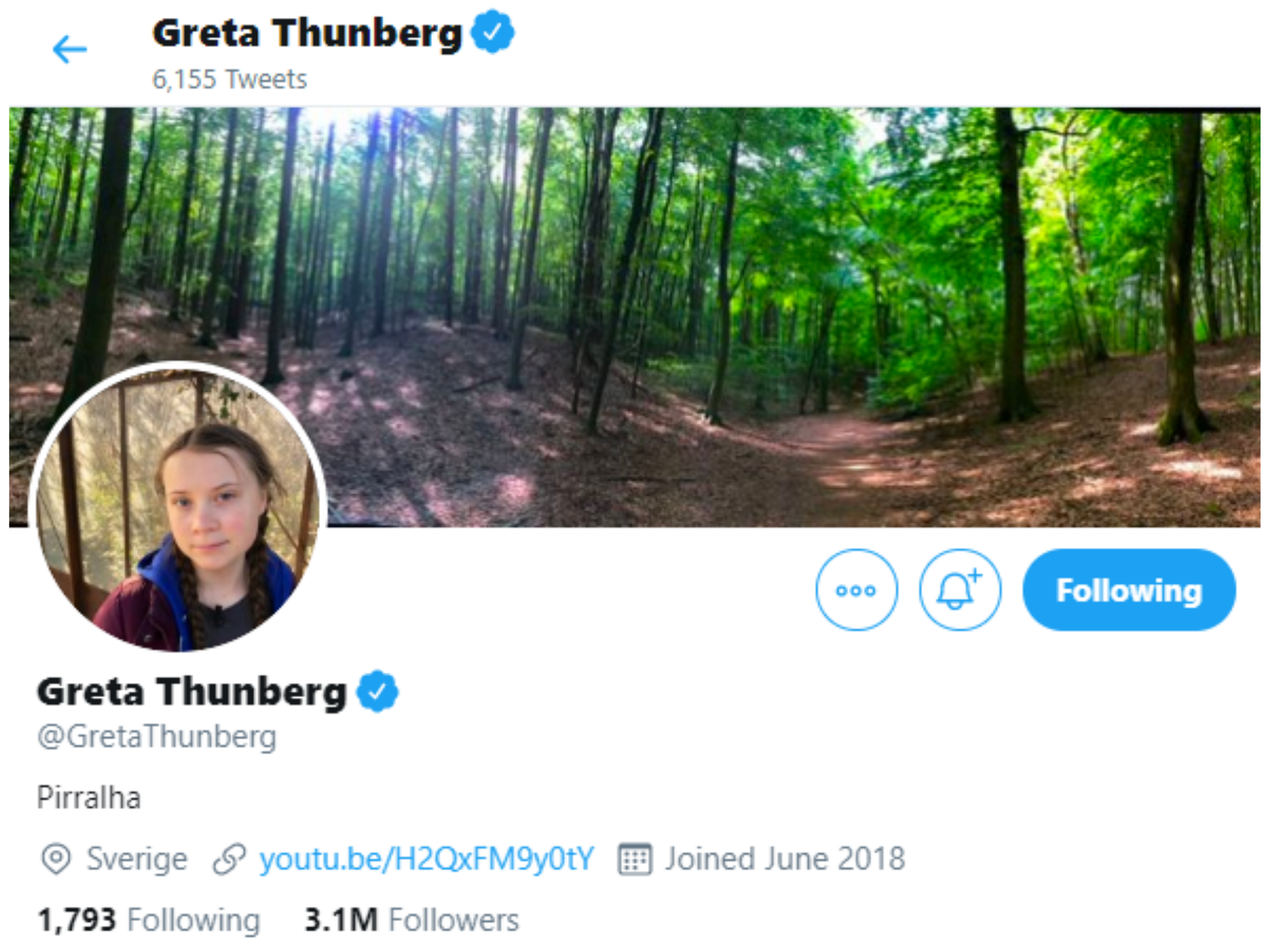Greta Thunberg responds to ‘brat’ insult by Brazilian far-right leader Bolsonaro
Climate activist once more adopts jibe from world leader as badge of honour
Your support helps us to tell the story
From reproductive rights to climate change to Big Tech, The Independent is on the ground when the story is developing. Whether it's investigating the financials of Elon Musk's pro-Trump PAC or producing our latest documentary, 'The A Word', which shines a light on the American women fighting for reproductive rights, we know how important it is to parse out the facts from the messaging.
At such a critical moment in US history, we need reporters on the ground. Your donation allows us to keep sending journalists to speak to both sides of the story.
The Independent is trusted by Americans across the entire political spectrum. And unlike many other quality news outlets, we choose not to lock Americans out of our reporting and analysis with paywalls. We believe quality journalism should be available to everyone, paid for by those who can afford it.
Your support makes all the difference.Greta Thunberg has responded to being called a “brat” by Brazilian president Jair Bolsonaro.
The far-right leader branded Ms Thunberg a pirralha, the Portuguese word for “brat”, after she condemned the slaughter of indigenous environmental protectors in the Brazilian Amazon.
The teenage climate activist gave an understated response, changing her Twitter bio on Tuesday to contain only the Portuguese slur.
It mirrors her response to US president Donald Trump, in which she edited her profile to read “a very happy young girl looking forward to a bright and wonderful future”, after he mocked her emotional speech at the UN.
Highlighting the plight of Guajajara tribe members on the front lines of a fight against illegal loggers and miners, who had been killed and wounded in a drive-by shooting, Ms Thunberg initially wrote on Twitter: “Indigenous people are literally being murdered for trying to protect the forest from illegal deforestation.

“Over and over again. It is shameful that the world remains silent about this.”
Asked about the killings, Mr Bolsonaro seemed to forget the activist’s name before telling reporters: “Greta’s been saying Indians have died because they were defending the Amazon. It’s amazing how much space the press gives this kind of pirralha.”
Two indigenous leaders were brutally murdered and two others injured on Saturday, after bullets were sprayed from a car window as their group walked along a federal highway in the Cana Brava indigenous reservation in Brazil’s Maranhão state.
The shooting came a day after Brazilian indigenous leader Sonia Guajajara addressed world leaders at the UN’s two-week climate conference (COP25), and attempted to draw global attention to the assassination of Brazil’s “forest guardians”.
The president, who has been widely accused of allowing increased deforestation in the rainforest, also restated his assertion he was clamping down on illegal logging.
After an intense dry season saw flames devastate swathes of “the world’s lungs” this year, Mr Bolsonaro’s government tried to claim the number of fires were below average – despite being forced to place a two-month moratorium on fire-setting and common “slash and burn” deforestation techniques in response to the crisis.
A November report found the number of active fires in July were three times higher than they were in 2018, reaching their highest levels since 2010, with 72,000 fires recorded between January and August.
Deforestation in July was four times higher than the average in the previous three years, according to a study published in Global Change Biology Deforestation.
As the world’s largest rainforest, the Amazon provides 20 per cent of the world’s oxygen and is a vital carbon store, meaning its fate is widely considered by experts as key to the future of the planet.
Since taking office at the start of 2019, Mr Bolsonaro has systematically weakened institutions designed to protect the rainforest, while offering support to farmers wishing to turn the land into cattle ranches.

Join our commenting forum
Join thought-provoking conversations, follow other Independent readers and see their replies
Comments